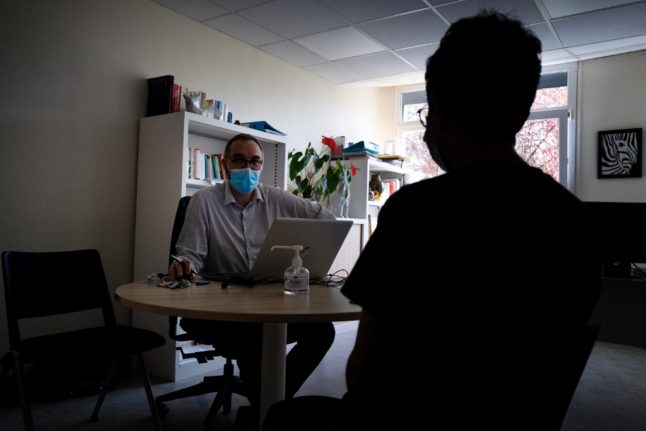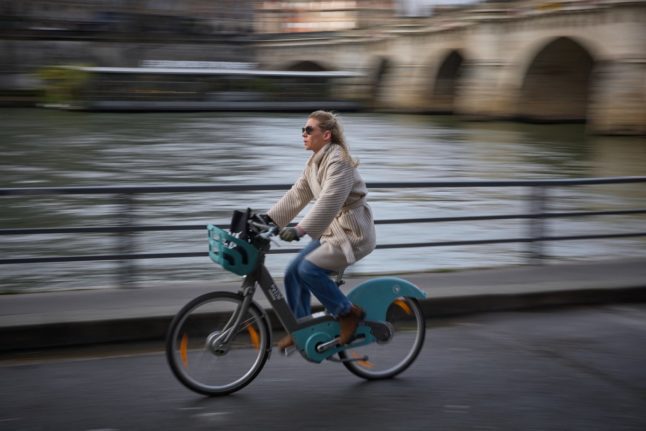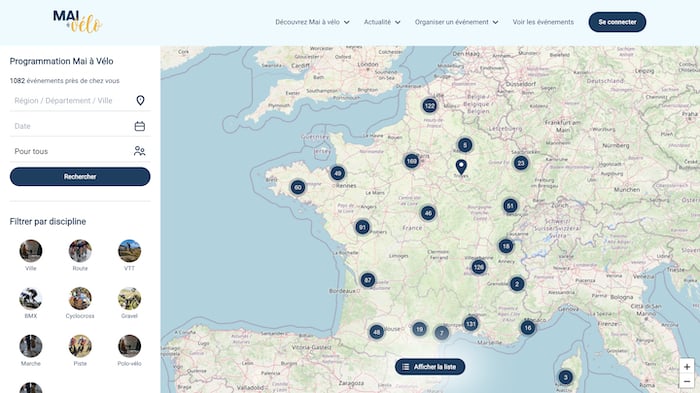Back in 2000 a report by the World Health Organisation found France provided the “close to best overall healthcare” in the world.
But there is no doubt that it suffers from issues that mean patients don’t always have access to the healthcare they need.
How long patients have to wait is is one of those ‘how long is a piece of string’ questions, depending on a whole host of factors, notably where you live in France. As you’d expect, large urban centres attract more medics – but even these places are not immune from some serious healthcare issues.
According to data from international market research firm Ifop, more than 67% of French people have given up trying to make an appointment with their friendly neighbourhood doctor purely because of how long it takes to get an appointment.
The waiting time to consult a general practitioner varies between six to 11 days. It was only four days 10 years ago, according to the data.
The situation is not helped by the number of missed appointments. Le Parisien reported that an average of two appointments per doctor per day are missed. That may not sound much, but it amounts to 28million missed appointments annually – a workload the equivalent of 4,000 doctors.
At the same time, visits to hospitals’ emergency rooms are rising. Last year, 22million patients were treated by A&E doctors and nurses.
And, as more doctors retire, replacements are proving hard to come by. So-called “medical deserts” are a regular talking point in many rural areas of France – but residents in some areas of major cities are reportedly finding it increasingly difficult to register with a new médecin traitant when their long-standing family GP retires.
READ ALSO Medical deserts: Why one in three French towns do not have enough doctors
For an appointment with a specialist, expect to wait much longer. In France, you don’t need to see your GP before you make an appointment with a specialist medical professional, but most people do because it means the costs are more likely to be covered by state and “mutuelle” health insurance.
According to the Direction de la recherche, des études, de l’évaluation et des statistiques (DREES), getting an appointment to see an ophthalmologist involves an average wait of 190 days – more than six months.
Dermatologist appointments can involve waits of between 60 and 126 days. As with other medical specialisms regional differences can be huge. In Paris, for example, the wait for an appointment with a dermatologist is at the lower end of the scale. But in rural areas where dermatologists are few and far between, it’s much longer.
Access to gynaecological care in France can also be difficult, taking between 44 and 93 days, or more than three months, to get a consultation, potentially critical time for anyone in need of cervical cancer screening, for example.
READ ALSO How France plans to transform its struggling health system
The wait for a cardiologist appointment in France, meanwhile, is in the average range of 50 to 104 days; a paediatrician’s consultation could involve waiting between 22 and 64 days; and a radiologists’ appointment ranges between 21 to 48 days.
Again these waiting times in big big urban centres like Paris or Lyon will likely be lower given the concentration of specialist doctors.
READ ALSO Have you fallen down the self-diagnosis rabbit hole?
The good news is that the ability to make doctors’ appointments online – especially specialist appointments – is starting to cut waiting times. But it’s clear France still has a long way to go. And those tens of millions of missed appointments are a major problem.
The Union Française pour une Médecine Libre group has called on politicians to allow doctors to penalise patients who do not turn up for their consultations, while online booking service Doctolib is working on a public awareness campaign to highlight the problem.
Recently a meeting was organised with doctors’ unions and patients’ associations to discuss possible remedies, such as sending a warning email patients. But the portal is unwilling to deny those who repeatedly miss appointments access – “That would hinder universal access to care,” it warned.




 Please whitelist us to continue reading.
Please whitelist us to continue reading.
Member comments